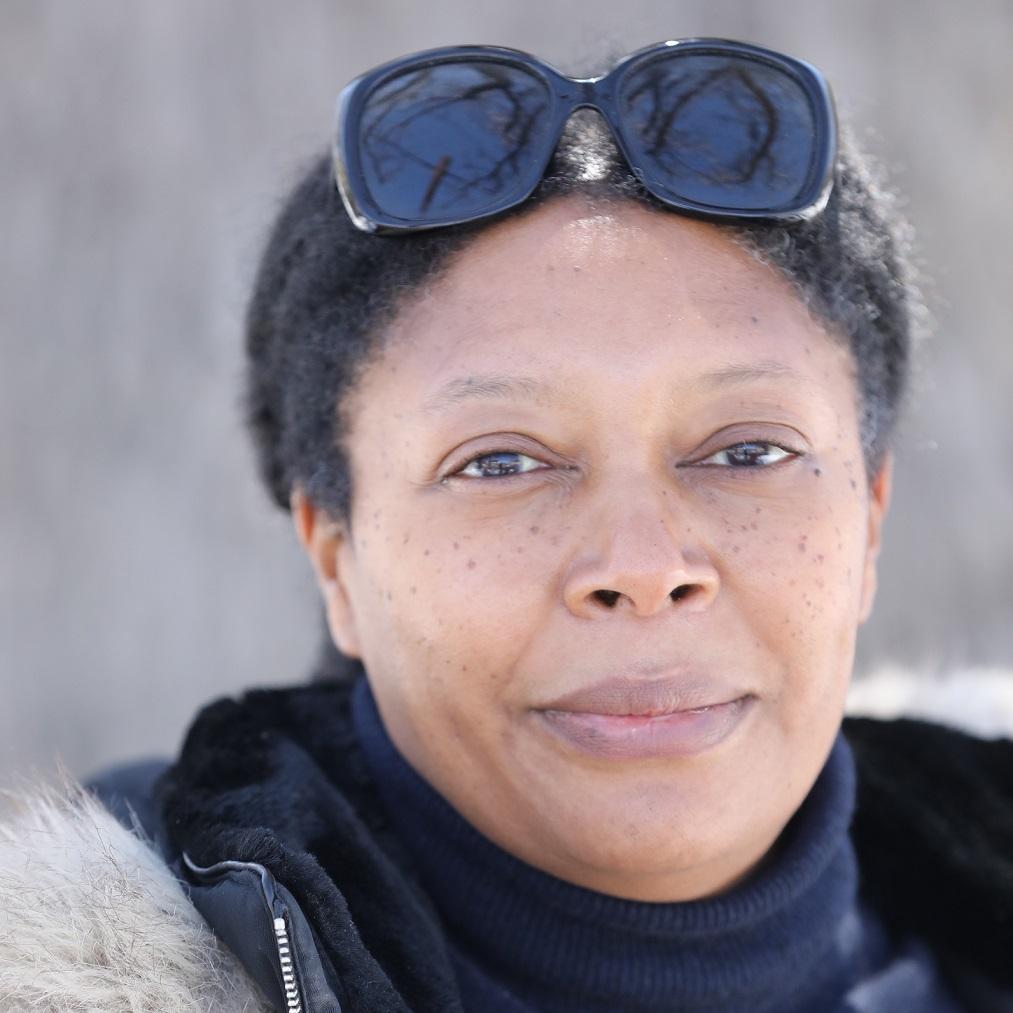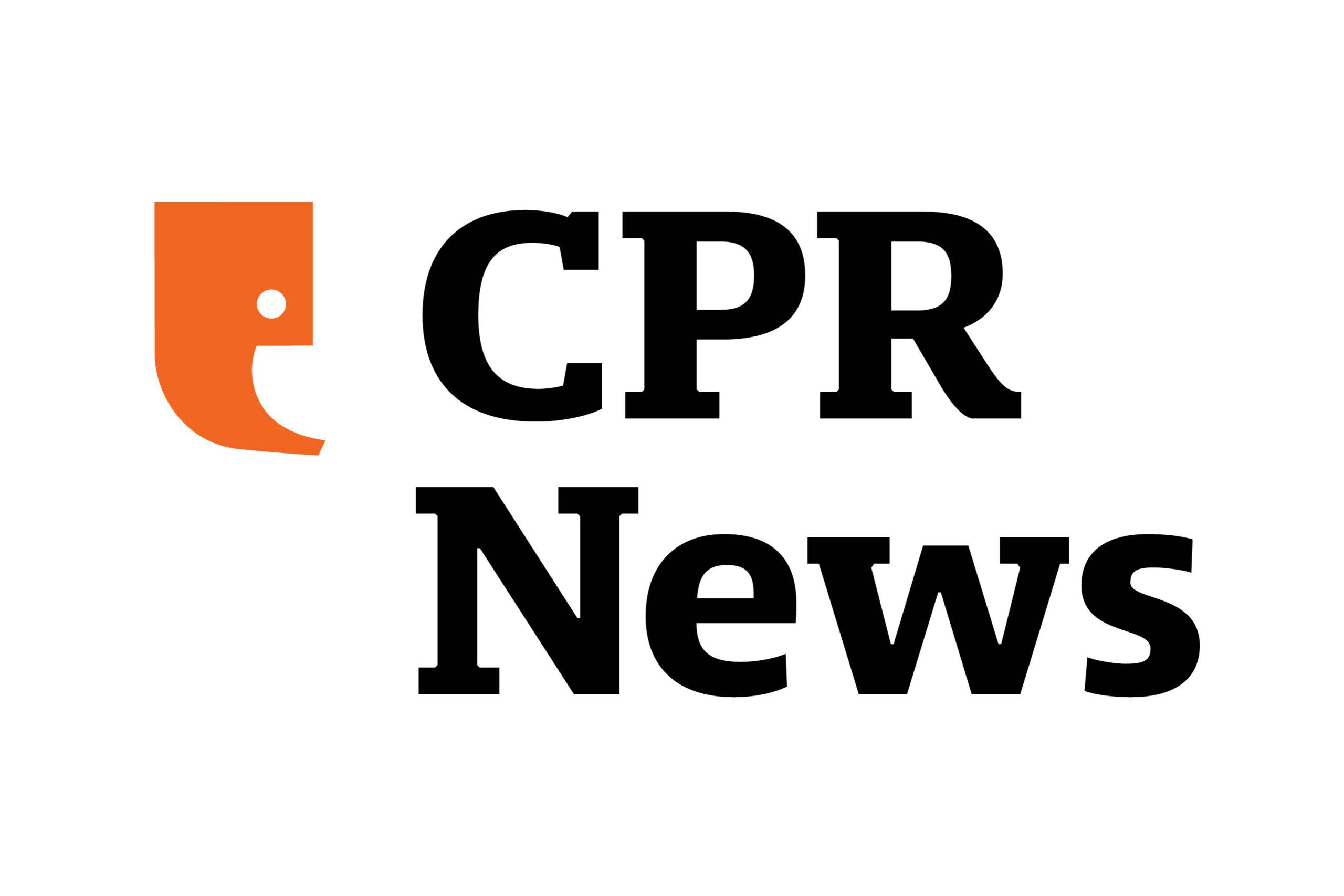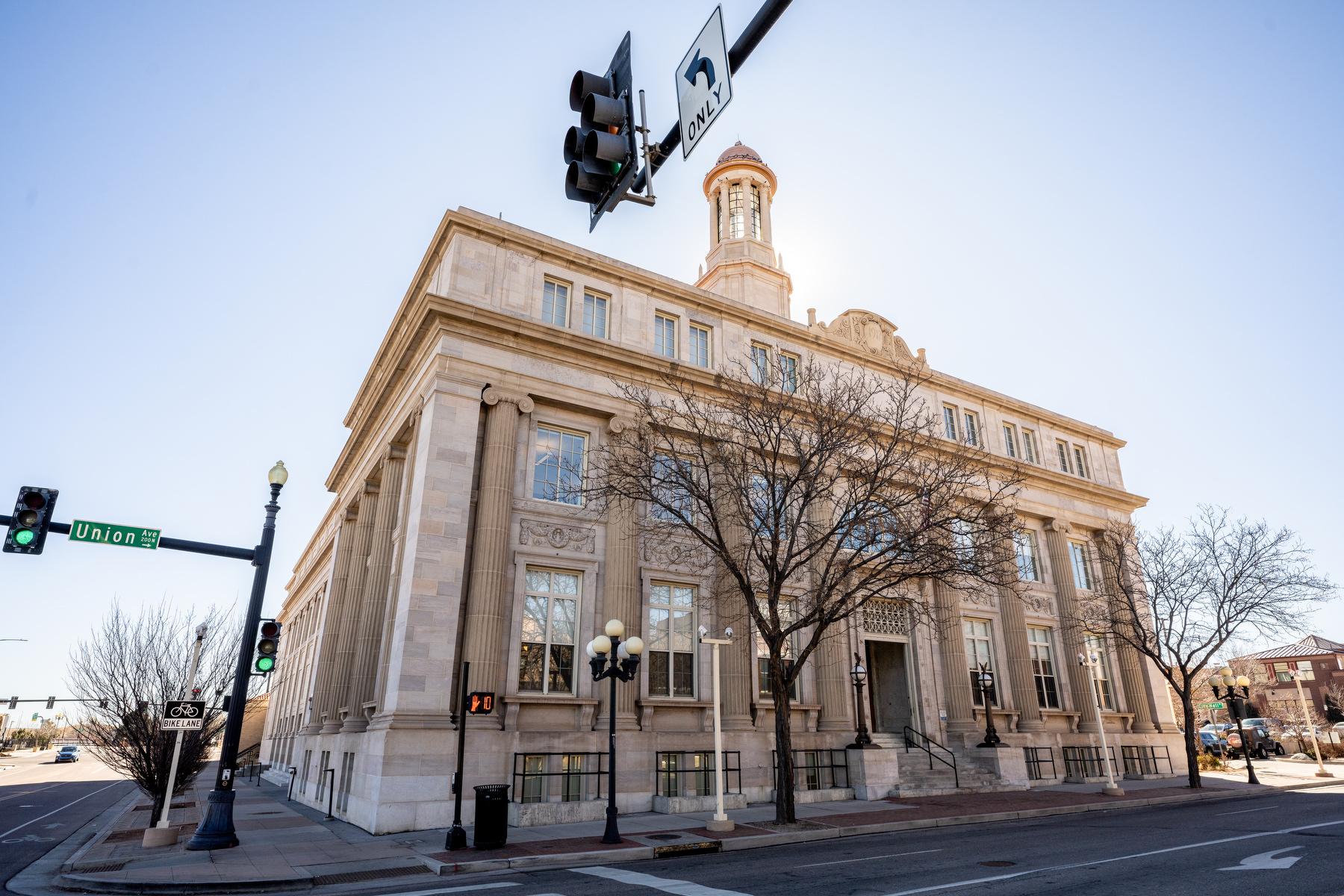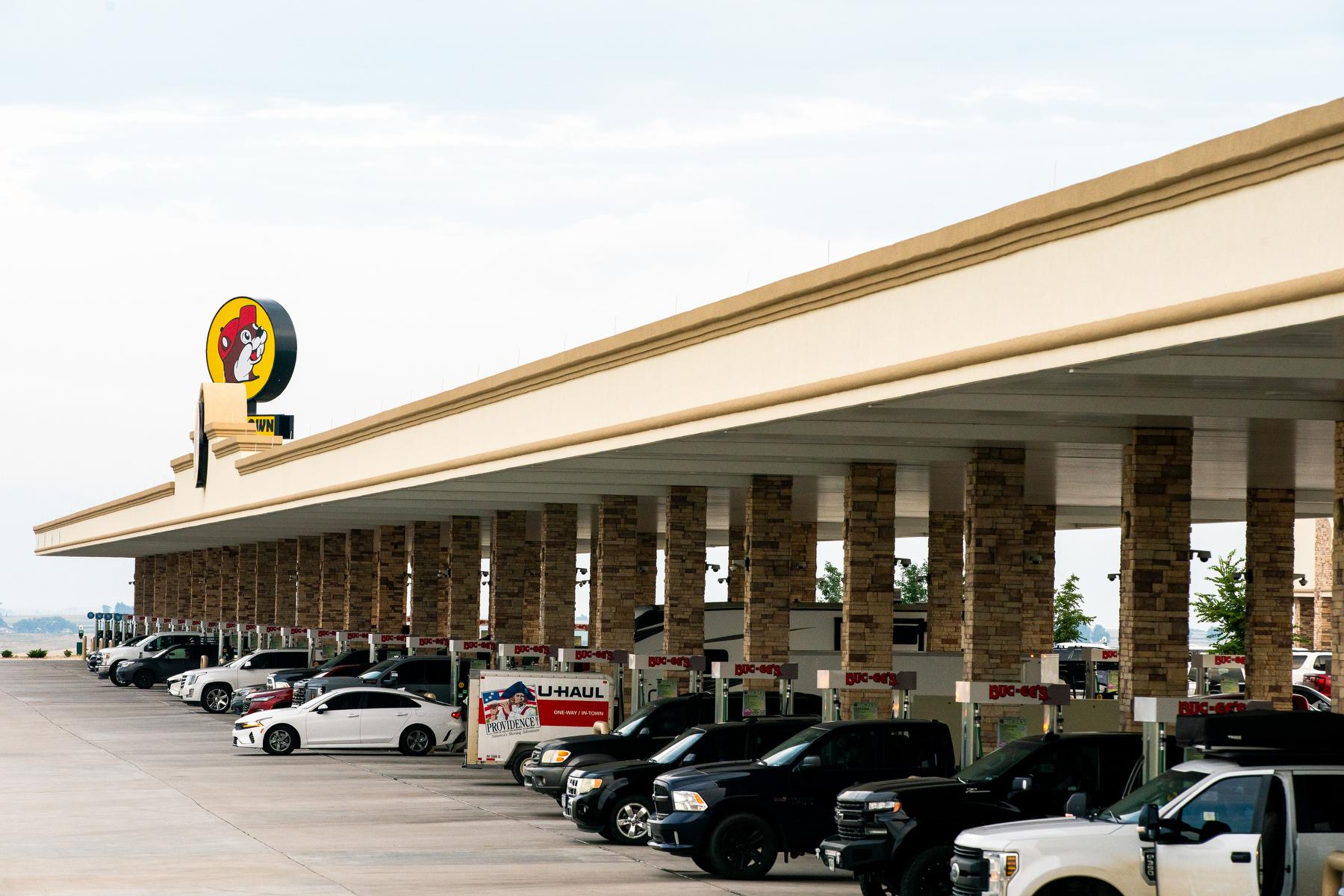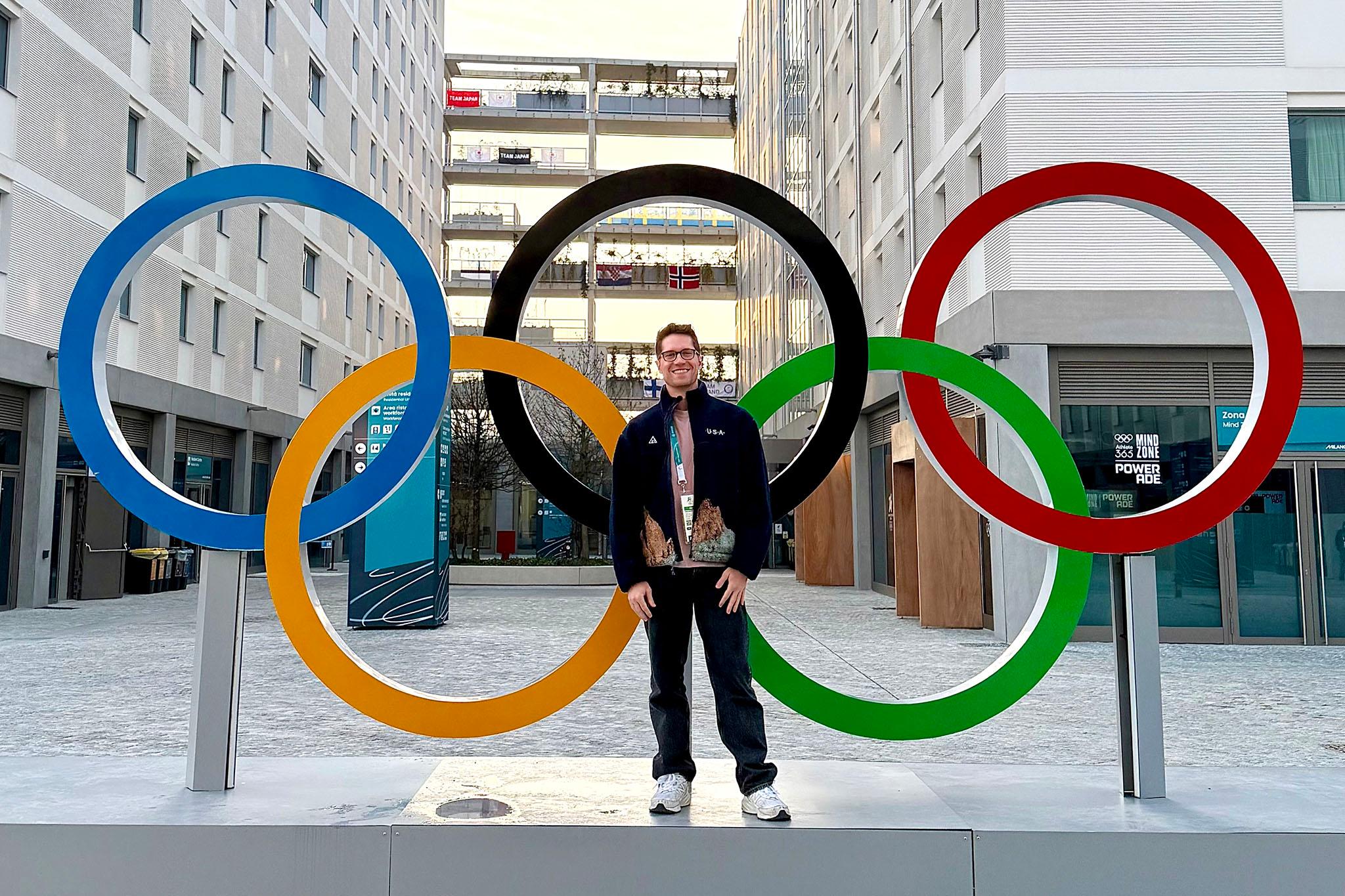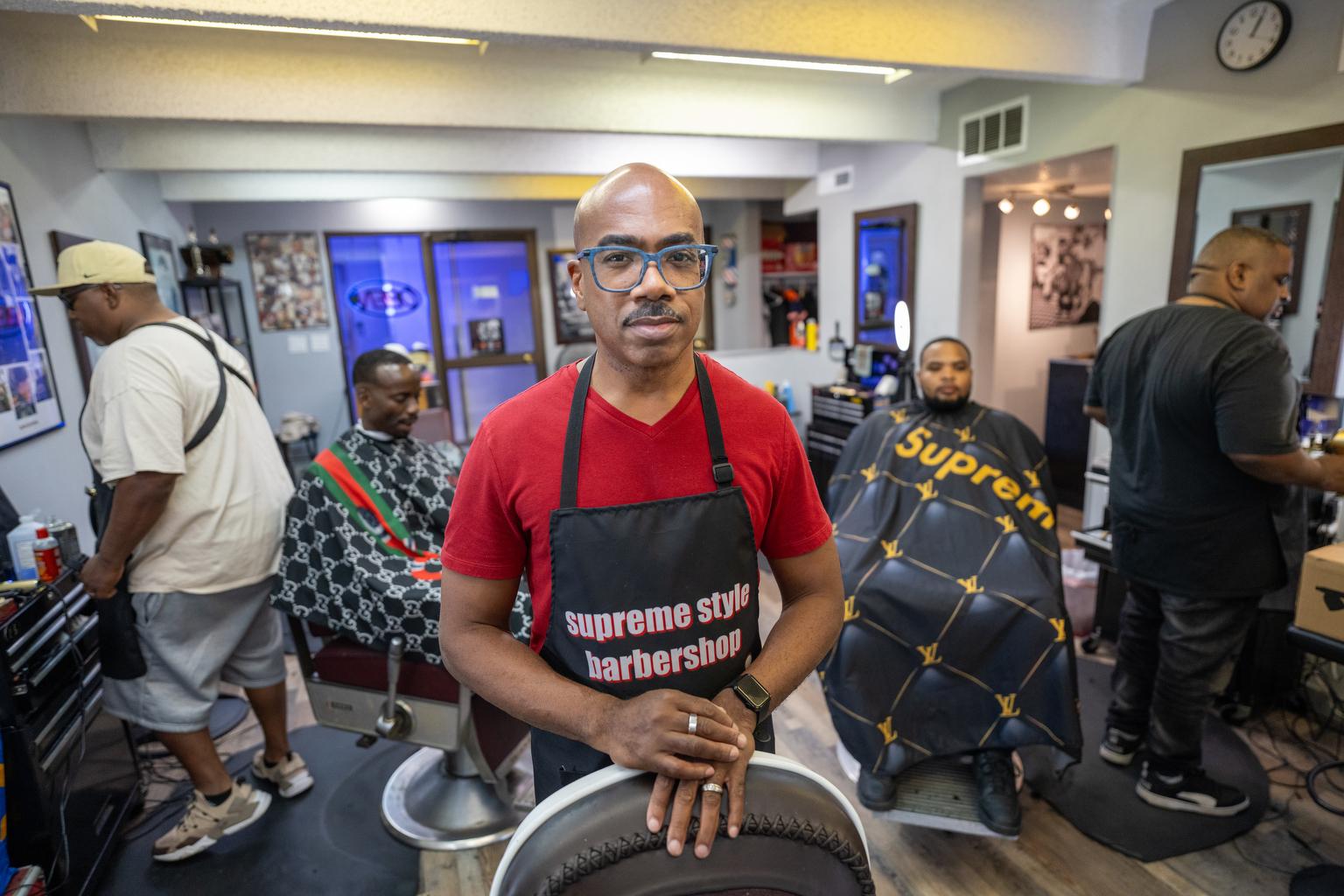
As early voting continues in Colorado and around the country, local and national candidates are making a last ditch effort to reach undecided and Black male voters.
In past presidential elections Black voters overwhelmingly supported the Democrats, but that seems to be changing. Election polling suggests some Black men are deserting the Democratic party.
So what’s going on?
Well, it’s complicated.
Herman Muhammad, a 53-year-old entrepreneur and owner of Supreme Style Barbershop in Denver feels disconnected from politics. And he isn’t alone. A Pew Research survey revealed that many Black adults under 30 don’t see voting as an effective way to gain what they want: equality.
“I think Black people are the most disrespected voting block in the entire country. We're totally ignored by Republicans and we're taken advantage of by Democrats, in my view,” said Muhammed.
In 2008 Muhammed was excited to vote for a Black president who had started his career as a community organizer. But the Obama administration was a huge disappointment for him. While it started with a promise of change, in the end Obama’s two terms in office failed to make a difference to Muhammed’s life.
At this point, Muhammed believes that neither party’s policies will create wealth within the African American community.
“We want a seat at the table, we want a president that backs us, but when we vote nothing changes,” he said. “Things won’t change until African Americans have economic power."
Muhammed believes that the Black community is looking for substantial changes to the housing market, to make buying more possible and renting less painful. They want real solutions to the rising cost of living, student loans, and more business opportunities, along with a focus on racial equity and changes to policing. These are not new issues for folks like Mohammed, but he says they are “neglected issues.”
After decades of seeing little action under Republican and Democratic administrations, Muhammed feels hopeless about a political system that doesn't listen to his voice.
'why am I going to give you my vote?'
In a recent New York Times/Sienna poll, 15 percent of Black voters — and 20 percent of Black men — said they plan to go for Donald Trump in the presidential election. That’s an increase from the Black support he got in 2020. That same poll found that 40 percent of Black voters under 30 believe Republicans are more likely to follow through on their campaign promises than Democrats.
More than young Black men actively supporting Trump, Muhammed said most of his clients just simply do not want to vote at all.
The Supreme Style barber shop is one of the Black community's hidden gems. It’s been around for 28 years and is a safe place for Black men to chill and talk about everything from sports to politics.
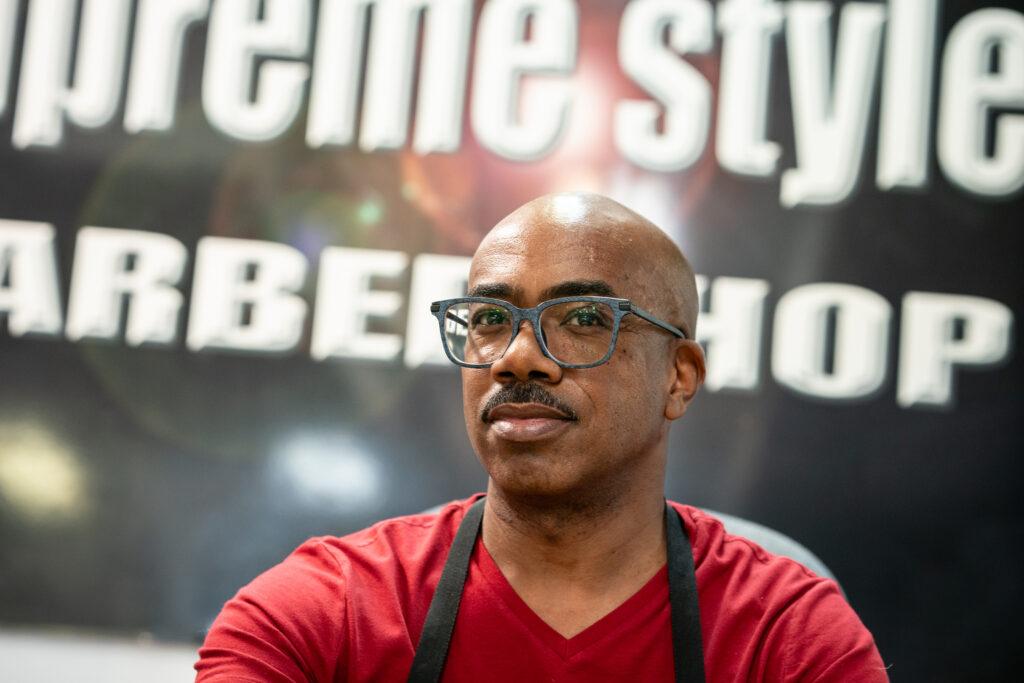
Muhammed hears the same conversation from clients, time and time again: they believe candidates don’t care about fixing problems; they just want your vote.
As one of his clients put it, “I have been through so much in my life to get where I am today and if you can relate to that, why am I going to give you my vote?”
Muhammed feels like the system just isn’t working.
“I have to be brutally honest in terms of the political system that we now participate in, especially federally… in my view, it's so corrupt that it needs to be totally dismantled,” he concluded.
That’s just one part of the argument.
'I do not believe that there is one person to save everybody.'
For members of the Black community who are politically active — and passionate — the attitudes Muhammed describes are deeply frustrating.
“If you don't participate in the electoral process, should you ask for anything? I think it's foolish to have an expectation for someone to help you if you weren't even willing to help yourself,” said Hashim Coates, a 49-year-old political consultant and activist.
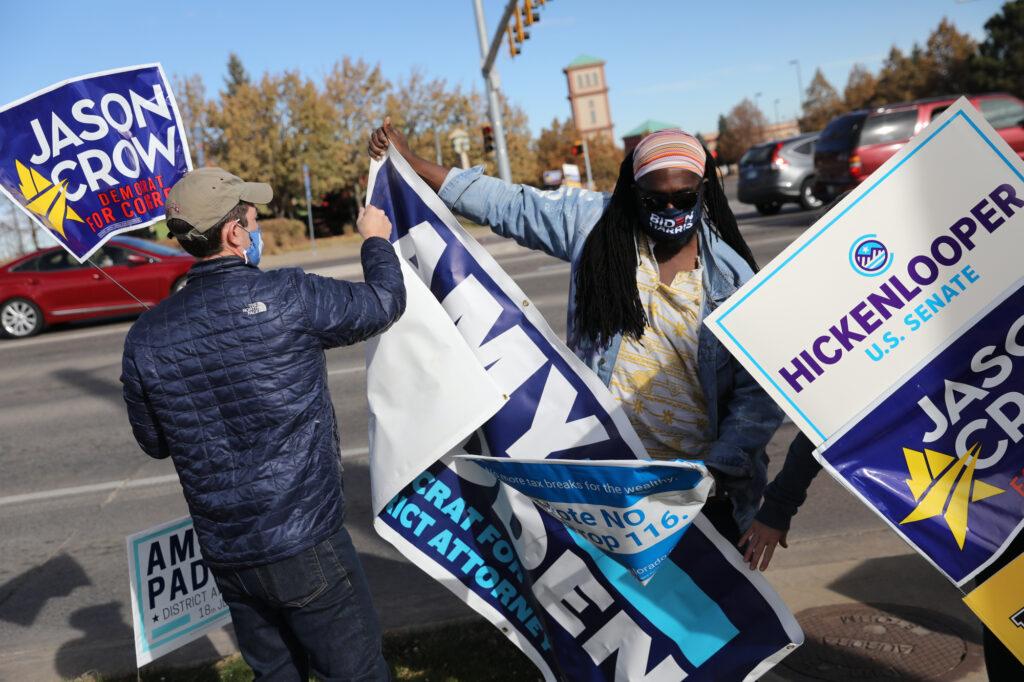
Coates grew up in Denver's Park Hill neighborhood and took an interest in politics from a young age. He remembers listening to his grandmother tell stories about rallying the Black community to vote. As an adult, Coates worked as a campaign organizer for Democratic candidates before deciding to give it a try himself earlier this year, with a bid for Arapahoe County Commissioner representing the northern end of the county, where many Black residents live.
Coates ran a grassroots campaign on policies like affordable housing, environmental justice and taking a holistic approach to public safety. In the Democratic primary against state Sen. Rhonda Fields, who’s also Black, he felt that he had the support of his community and other marginalized groups.
But in a district with almost 130,000 residents, only 8,761 people voted in the primary, a lower turnout than some of the uncontested commissioner races in other Arapahoe districts.
When it comes to voting, Coates said it’s “difficult for communities of color to utilize a system that has historically ignored them.”
Research from the Kaiser Family Foundation found that African Americans in Colorado lag whites both in registration — 55 percent of eligible Black residents are registered to vote, versus 73 percent of whites — and turnout. And only 28 percent are actually voting.
So why do so many Black voters stay at home?
Coates believes it too easy to dismiss the political process and then complain about not having a voice. And he is disappointed that more Black folks are not taking advantage of how easy it is to vote, with a long early voting window and same day registration.
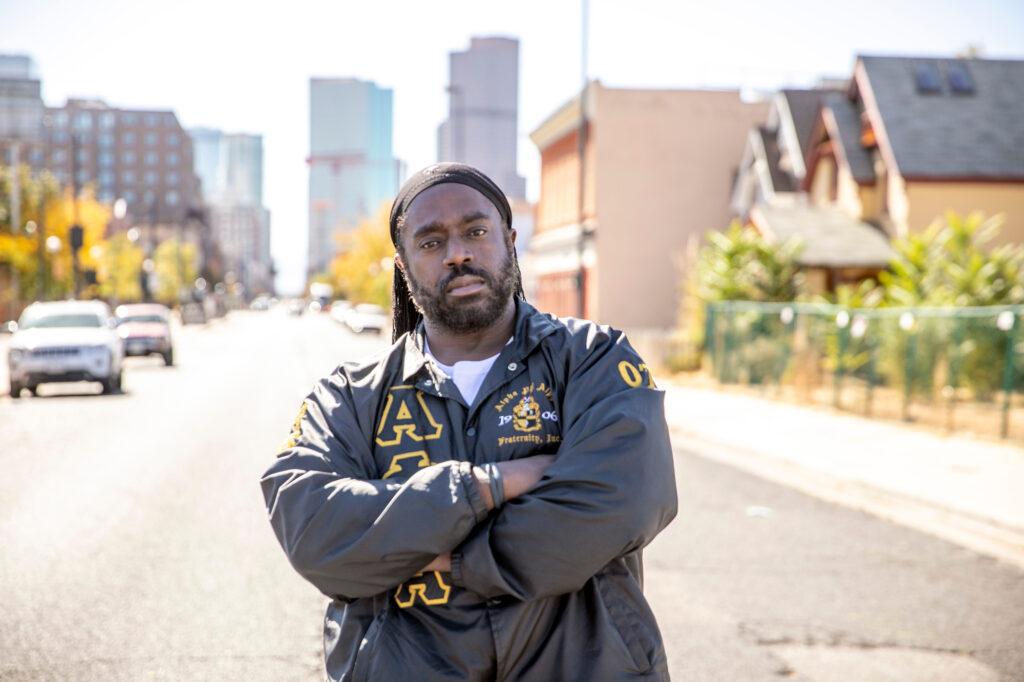
“When I ran across people and they were like, ‘oh, there's an election?’” Coates recalled with incredulity. “Every year there’s an election. Sometimes there's three. So I get frustrated about our lack of self-motivation. When I hear Black people running off sports stats of the NFL or any team and they don't know the political stuff, I get annoyed.”
Herman Muhammed would disagree with this. He said Black folks have always voted, when given a reason to.
“Black people do show up when it's a candidate who we really like and who we really believe in,” he said. “We showed up overwhelmingly for Barack Obama. Black women, in particular, showed up overwhelmingly for Joe Biden. Overwhelmingly, they saved his behind.”
Though polling and history make it clear that Harris will gain the majority of Black votes, just having a Black woman in the race has not persuaded all Black men. Muhammed is wary of supporting a candidate just because they are Black.
“I'm going to push the good stuff out first,” he said. “I love Black women. I love the idea of a Black woman being the next president. And, if given the choice as to who I would rather see in the office, I certainly would rather see Kamala than Donald Trump, for the record. However, I believe that Kamala Harris would do absolutely nothing for Black people. She's a status quo candidate.”
Coates sees it differently. He believes some in the Black community have unrealistic expectations on what Harris could deliver, should she win the presidency. Her own policy positions aside, there is still the matter of passing bills through Congress. But he’s hopeful that she can deliver on what he sees as key Black issues, like housing and police reform.
“I do not believe that there is one person to save everybody,” he said. “I think she will be a vessel to push the Black agenda, to push for issues that help take care of Black people, but it's going to be in a strategic type of way.”
Will they vote in this election?
Ballots are already in voters’ hands for this election, but when it comes to filling his out, “I'm not really enthusiastic,” Muhammed said. “I always vote my conscience and I always vote for those who I think best represent my interest, and unfortunately, neither one of the major parties do so.”
He likes Jill Stein, the Green Party candidate, and Cornel West, who’s running on the Unity Party ticket. While he hasn’t made up his mind yet, he’s leaning in that direction.
Coates, though, has no doubts.
“Kamala Harris, straight up, straight down. I'm going to actually fill up my ballot and have it set at a secure place to be dropped off.”
For him, there’s still only one party he can imagine supporting.
“I'm a straight Democrat all the way down. There might be some things that cause me to skip a few seats if my political savviness kicks in while I'm filling out the ballot. But at this point in time, because we're in a matter of crisis (and) we are on the battlefield, I‘m Democrat.”
